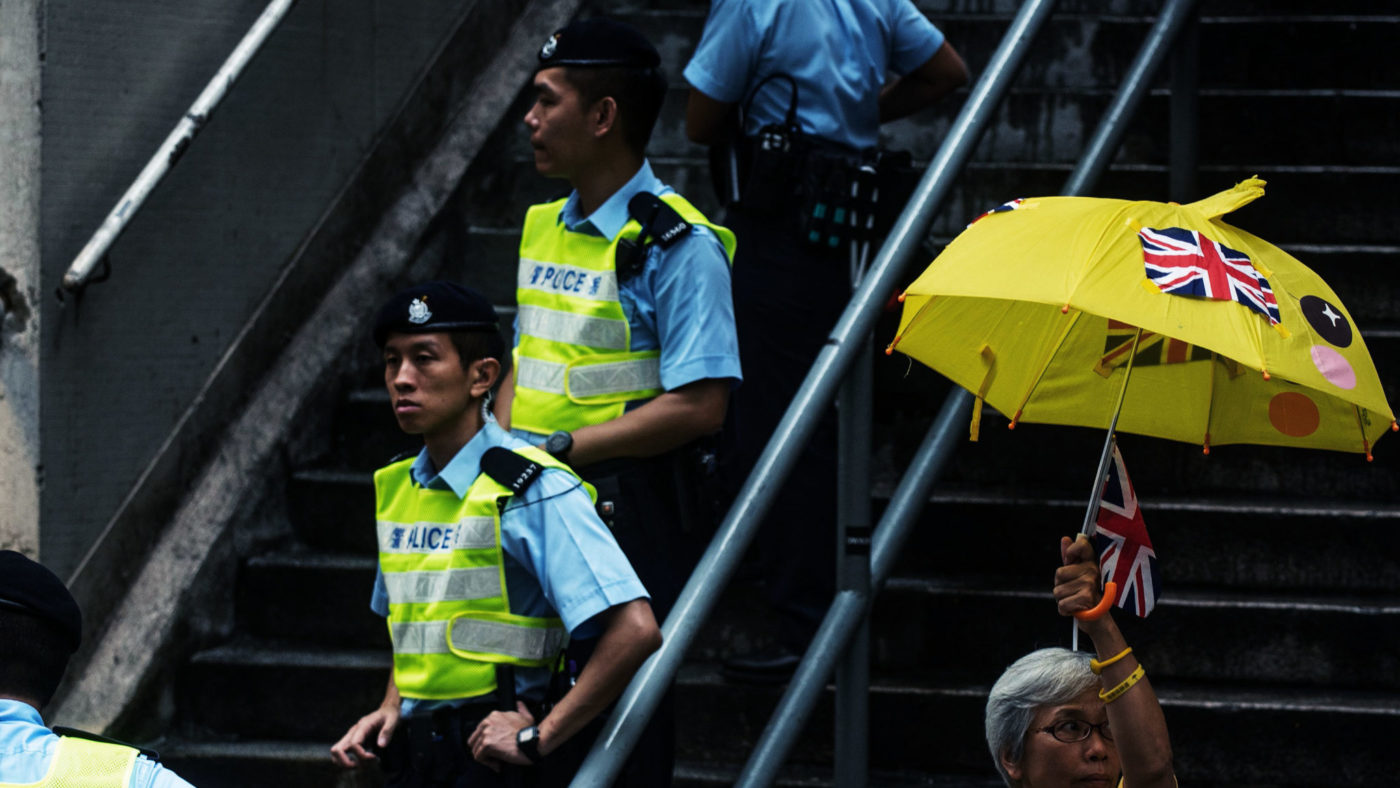Every time I come to the UK, the border officers and I are in perpetual confusion. Almost inevitably an officer points me to the UK/EU queue, yet only when I finally reach the immigration desk I am told: “you’re not British”. Although I hold a red passport issued by HM Passport Office like other Brits, I am not a full citizen.
I hold a quasi-identity that goes by the clumsy nomenclature of British National (Overseas), or BN(O).
This odd jumble of letters describes an administrative fudge which was specially created for those with a connection to Hong Kong before its sovereignty was handed over to the People’s Republic of China (PRC) on 1st July 1997. In 2007, the FCO estimated that there were 3.4 million BN(O)s.
The British Nationality (Hong Kong) Act 1997 aimed to deal with the potential statelessness that was likely to occur after the handover of the former colony, because BN(O)s do not automatically enjoy the right of abode in the UK. If BN(O)s do not hold another nationality, they can acquire British citizenship. In effect, this benefited some non-Chinese Hongkongers. Ethnic-Chinese Hongkongers still could not freely choose their allegiance; since ethnic-Chinese BN(O)s are automatically considered Chinese nationals by the PRC, they do not qualify for British citizenship under the 1997 Act.
It is a sad irony that a large number of the population of Hong Kong sought British protection from the Communist PRC in the twentieth century, only then to be handed back to the regime from which they sought to escape. In 1984, when the future of Hong Kong within the PRC was finalised by the Sino-British Joint Declaration, Britain was pushed by Hongkongers to guarantee the freedoms they had hitherto enjoyed, in what came to be known as the principle of ‘one country, two systems’. Under pressure from London, Beijing promised to abide by the agreement for fifty years from 1997. “Why would they kill the Golden Goose?”, it was reasoned. Little did we know.
Last year, on the eve of the 20th anniversary of the handover of Hong Kong, Chinese Foreign Minister Lu Kang announced that the arrangements stipulated in the Sino-British Joint Declaration were “now history and of no practical significance”. The Chinese Communist Party, as we’ve come to learn, cannot abide giving away freedoms, even those it promised. The next day, the Henry Jackson Society held a roundtable with a number of British academics, lawyers, and pro-democracy Hongkongers. The consensus was clear: the situation in Hong Kong was worsening– a clear contradiction of the Foreign and Commonwealth Office’s insistence that ‘One Country, Two Systems’ “generally functions well”.
As a signatory of the bilateral Sino-British Joint Declaration, registered at the United Nations in 1985, Britain has a legal responsibility towards BN(O)s. Britain imbued the Basic Law, the constitution of Hong Kong, with certain protections and rights that their own citizens take for granted. It must either defend the Basic Law or defend British Nationals (Overseas). It cannot do neither.
There is a moral imperative for the British government to allow BN(O)s who renounce their Chinese nationality to realise full British citizenship. Yet, given the commitment in the Prime Minister’s 2017 manifesto to cut UK net migration below 100,000, this could prove tricky. It should not be and does not have to be so.
The aim of the current UK government has been to reduce the number of immigrants arriving into the UK and this is in line with the national mood. However, Hongkongers are a people who have identified with the UK for generations.
Currently, BN(O)s are subjected to the more rigid non-EEA nationals’ immigration standard. The rules for BN(O)s should at least be relaxed to the standard for EU nationals post-Brexit. For example, qualifying BN(O)s students who have lived in the UK for five years should get indefinite leave to remain.
Hongkongers constitute a highly-skilled and highly-educated workforce, with a deep knowledge of Asian economies. This will be particularly valuable after Brexit, when the UK is trying to secure bilateral trade deals with non-European countries.
The PRC thought that they could have their cake and eat it— gain benefits from the economic prosperity of Hong Kong while disregarding individual freedom and Hongkongers’ wishes to move towards democracy and genuine autonomy within the PRC.
Theresa May and Sajid Javid should give Hongkongers a free choice and a chance to integrate and contribute to British society.


